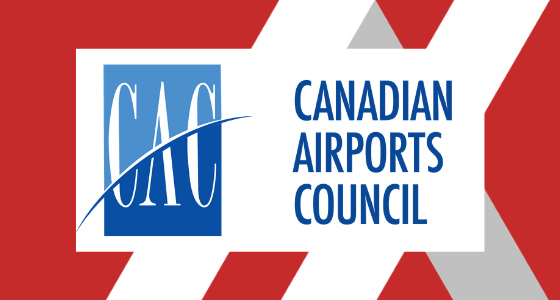The Canadian Airports Council (CAC) said this week that it welcomed the release of the details of the federal government’s aid for domestic airports but added the Ottawa government must be prepared to take further action, given the continued impact of ongoing air travel restrictions.
Government officials provided details on three previously announced measures to support Canadian commercial aviation, including the Airport Critical Infrastructure Program (ACIP) which will provide $490 million (U.S.$405m) over five years to financially assist larger airports with investments in infrastructure-related to safety, security or connectivity.
The government also announced the Airport Relief Fund (ARF) will provide $65 million (U.S.$54m) to targeted Canadian airports to help maintain operations, as well as a one-time funding top-up of $186 million (U.S.$154m) over two years for the Airports Capital Assistance Program (ACAP).
“It is good to see federal government commitments made in the Fall Economic Statement being fulfilled, with funds flowing to airports soon,” said CAC President Daniel-Robert Gooch. “Unfortunately, the situation is worse than it was when these measures were announced five months ago, with our entire aviation network – from the largest to smallest commercial airports in Canada – compromised by the protracted suppression of passenger traffic to just about 10 percent of pre-pandemic levels.”
Gooch said the situation for Canada’s air transport sector will likely deteriorate even further given the ongoing restrictions on international travel, adding more engagement by federal officials will needed for the air sector to fully support recovery in the tourism sector and the overall economy.
The CAC has asked the federal government to waive – not defer – airport rent remitted to government by 22 of Canada’s airports and to provide financial support or interest free loans when necessary.
In 2020 and 2021 alone, Canada’s airports anticipate a revenue loss of $5.5 billion (U.S. $4.6b) which is required to be funded by additional debt of $2.8 billion (U.S.$2.3b), the organization said.






